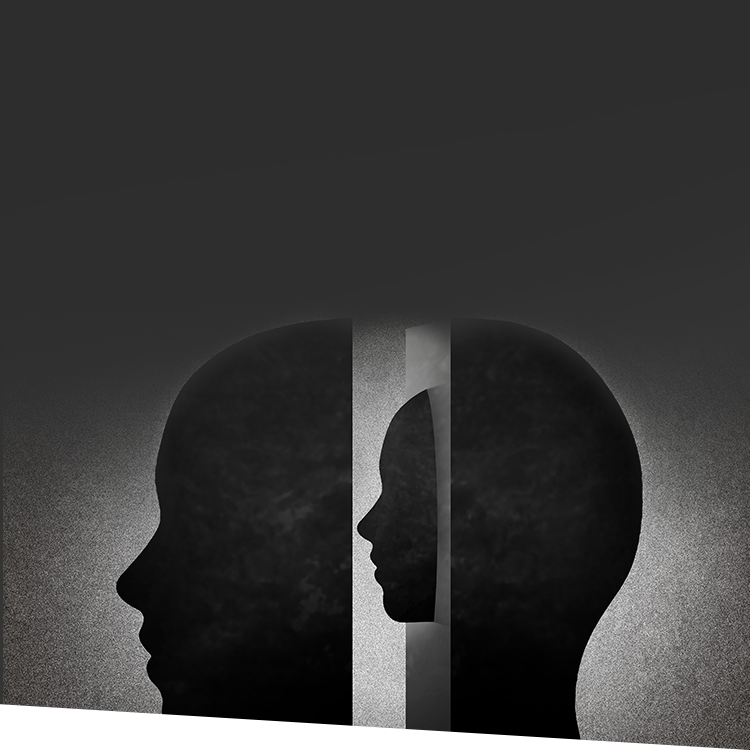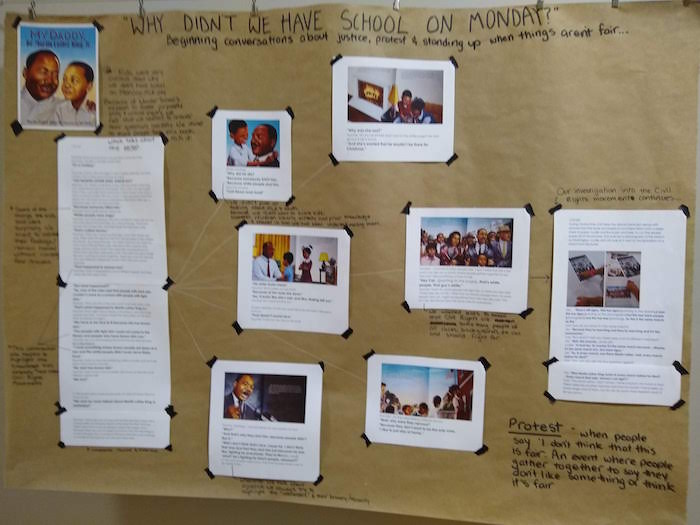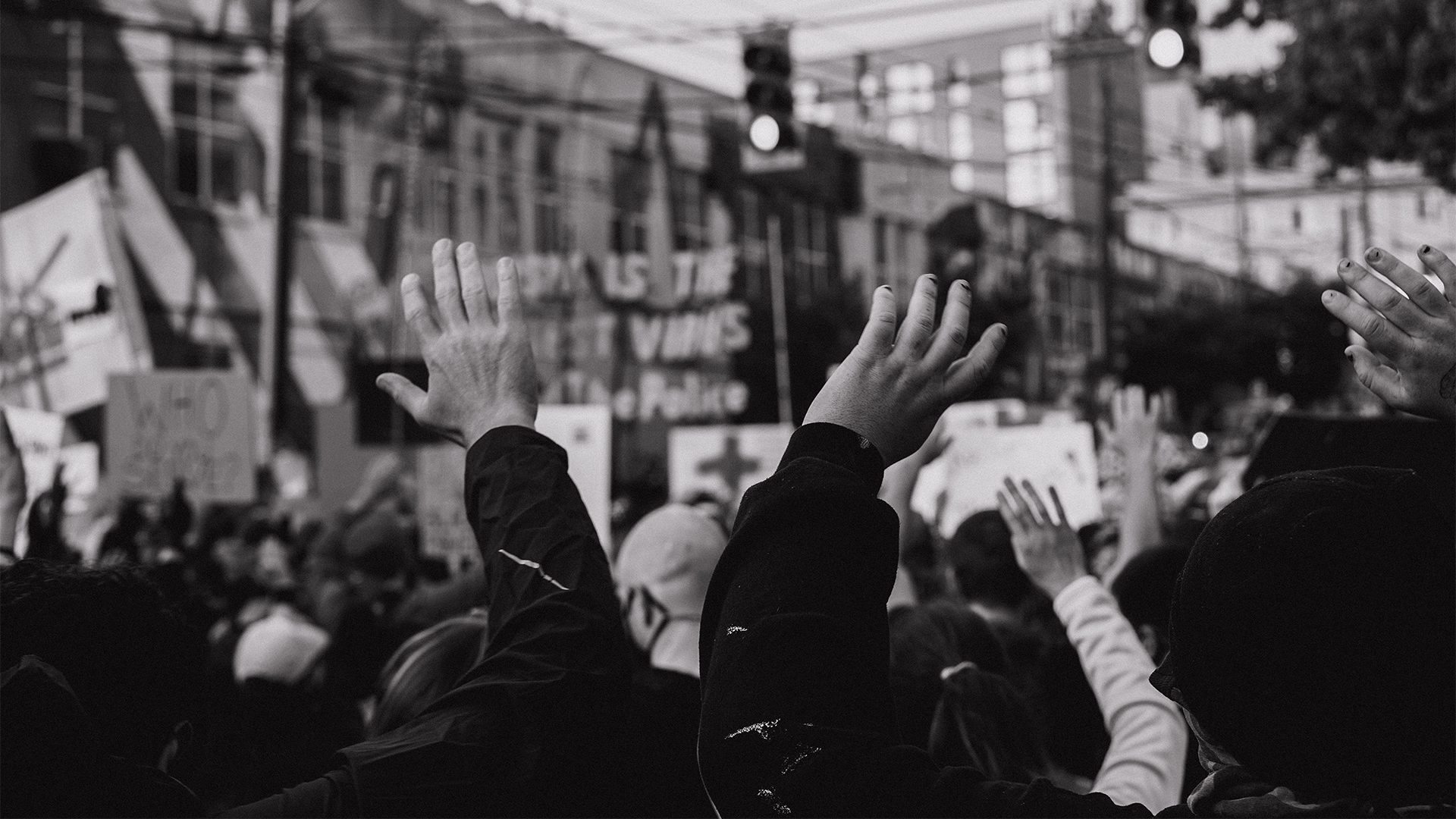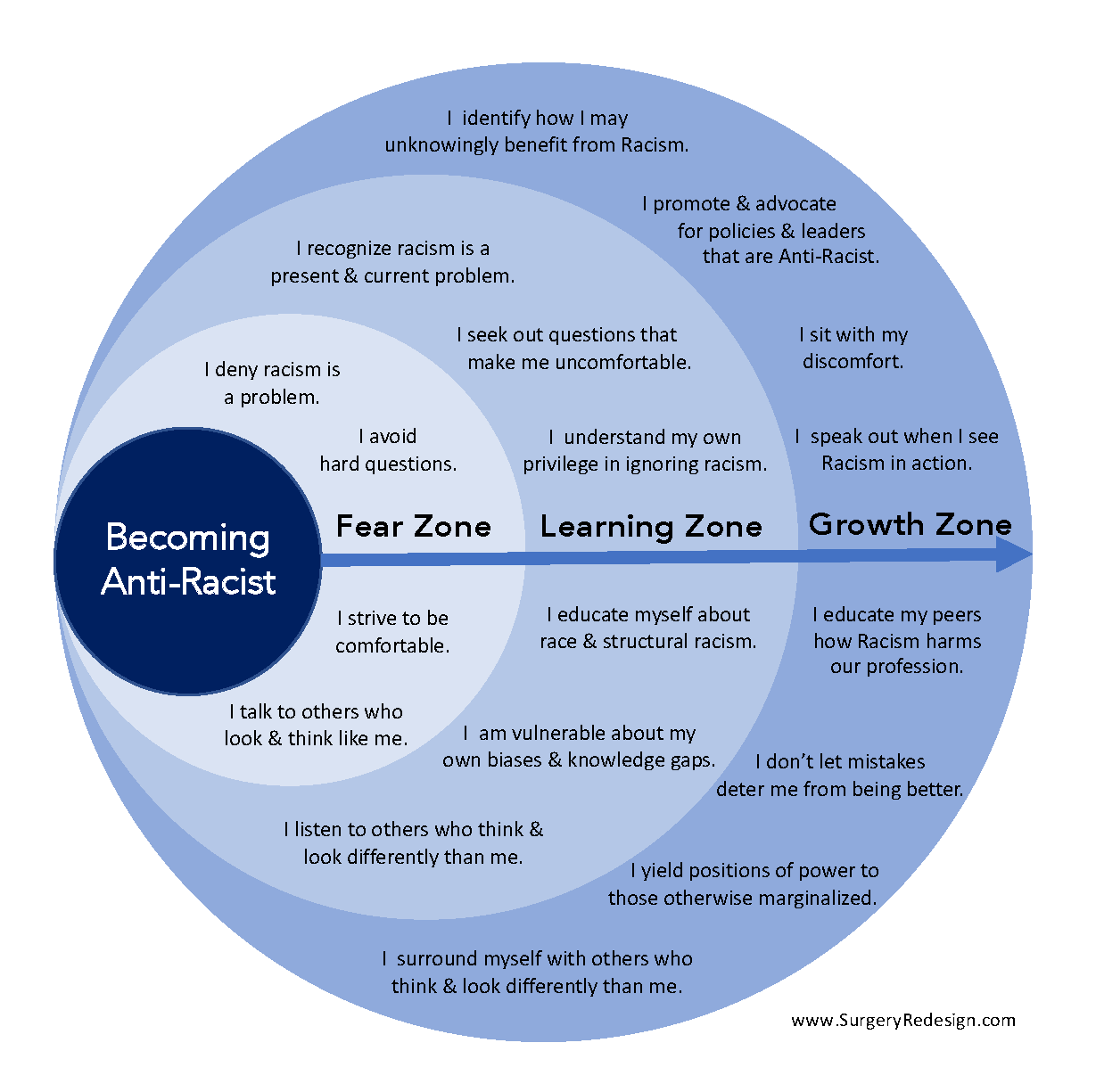Am I Racist? Navigating the Complexities of Self-Reflection
Associated Articles: Am I Racist? Navigating the Complexities of Self-Reflection
Introduction
On this auspicious event, we’re delighted to delve into the intriguing subject associated to Am I Racist? Navigating the Complexities of Self-Reflection. Let’s weave attention-grabbing info and supply recent views to the readers.
Desk of Content material
Am I Racist? Navigating the Complexities of Self-Reflection

The query, "Am I racist?", is one which many grapple with, significantly in as we speak’s more and more various and interconnected world. It is a query fraught with discomfort, self-doubt, and the potential for defensiveness. There isn’t any easy sure or no reply, and the journey in the direction of understanding one’s personal biases and prejudices is a lifelong course of. This text goals to supply a framework for self-reflection, exploring the nuances of racism, the challenges of figuring out internalized biases, and the steps people can take in the direction of changing into actively anti-racist.
Understanding Racism: Past Particular person Prejudice
Earlier than delving into private self-assessment, it is essential to determine a transparent understanding of what constitutes racism. It is typically mistakenly equated solely with overt acts of hatred or discrimination, like racial slurs or bodily violence. Whereas these are actually manifestations of racism, they signify solely a fraction of its complicated actuality. Racism is a system of prejudice and discrimination based mostly on race, encompassing particular person attitudes, societal constructions, and institutional practices.
Particular person Racism: This refers back to the prejudiced beliefs and discriminatory actions of people. It could actually vary from refined microaggressions – seemingly minor on a regular basis actions that talk hostility or negativity in the direction of a racial group – to blatant acts of hate. Microaggressions, whereas seemingly insignificant in isolation, cumulatively contribute to a hostile surroundings and reinforce systemic inequalities. Examples embrace assuming somebody’s ethnicity based mostly on their look, making inappropriate jokes about race, or questioning somebody’s belonging based mostly on their racial identification.
Systemic Racism: This encompasses the methods by which racial bias is embedded inside establishments and social constructions. It manifests in disparities throughout numerous sectors, together with schooling, healthcare, housing, employment, and the legal justice system. Systemic racism is not essentially the results of acutely aware malicious intent; it may be perpetuated by means of seemingly impartial insurance policies and practices that disproportionately drawback sure racial teams. Examples embrace redlining in housing, racial profiling by regulation enforcement, and the achievement hole in schooling.
Internalized Racism: This refers back to the acceptance by members of the stigmatized races of detrimental messages about their very own skills and intrinsic price. It is the internalization of societal biases and stereotypes, resulting in self-doubt, low vanity, and the perpetuation of dangerous stereotypes inside one’s personal group. This could manifest in self-deprecating humor, internalized colorism, or a choice for whiteness in numerous elements of life.
Figuring out Your Personal Biases: A Important Self-Reflection
Asking "Am I racist?" requires sincere and significant self-reflection. It is not about searching for absolution or assigning guilt; it is about figuring out areas for progress and actively working in the direction of dismantling your individual biases. Listed below are some key areas to think about:
-
Study your beliefs and assumptions: Do you maintain unconscious biases about completely different racial teams? Are there stereotypes you routinely affiliate with sure races? Take into account your reactions to individuals of various racial backgrounds. Do you deal with everybody equally, or do you end up making assumptions or judgments based mostly on race?
-
Analyze your language: Do you utilize racially charged language, even unintentionally? Are there phrases or phrases you utilize that may perpetuate dangerous stereotypes? Take note of your microaggressions – seemingly innocent feedback that may be subtly offensive.
-
Replicate in your actions: Do you actively hunt down range in your social circles, office, and group? Or do you are inclined to gravitate in the direction of individuals who share your racial background? Take into account how your actions may perpetuate or problem present inequalities.
-
Consider your media consumption: The media performs a big function in shaping our perceptions of various racial teams. Are you consuming media that reinforces stereotypes or promotes a various and inclusive illustration of various cultures?
-
Take into account your privilege: In case you are a member of a dominant racial group, acknowledge the privileges you profit from as a result of your race. Understanding your privilege is essential in recognizing how systemic racism operates and the way it impacts others.
Past Self-Reflection: Lively Anti-Racism
Self-reflection is simply step one. Actively combating racism requires constant effort and a dedication to ongoing studying and progress. This includes:
-
Educating your self: Learn books, articles, and watch documentaries that discover the historical past and ongoing affect of racism. Interact with various views and problem your individual assumptions.
-
Listening and studying from others: Interact in significant conversations with individuals from completely different racial backgrounds. Actively take heed to their experiences and views, even when they problem your individual beliefs.
-
Supporting anti-racist organizations and initiatives: Donate to or volunteer with organizations working to fight racism and promote racial justice.
-
Difficult racism once you see it: Do not be a bystander. Converse up once you witness racist acts or hear racist feedback. This may be uncomfortable, however it’s important in making a extra simply and equitable society.
-
Advocating for coverage modifications: Assist insurance policies and initiatives that deal with systemic racism and promote racial equality.
The Ongoing Journey
The query, "Am I racist?", is not a vacation spot; it is a place to begin. It is a steady means of self-reflection, studying, and motion. There will likely be occasions once you stumble, make errors, or really feel overwhelmed. The secret is to acknowledge these moments, study from them, and proceed striving in the direction of a extra simply and equitable world. The journey in the direction of changing into actively anti-racist is a lifelong dedication, requiring fixed vigilance, empathy, and a willingness to confront uncomfortable truths. It is a journey that advantages not solely those that are marginalized but in addition those that are dedicated to constructing a extra simply and inclusive society for all. The work is ongoing, and the hassle is crucial.






Closure
Thus, we hope this text has supplied priceless insights into Am I Racist? Navigating the Complexities of Self-Reflection. We hope you discover this text informative and useful. See you in our subsequent article!


